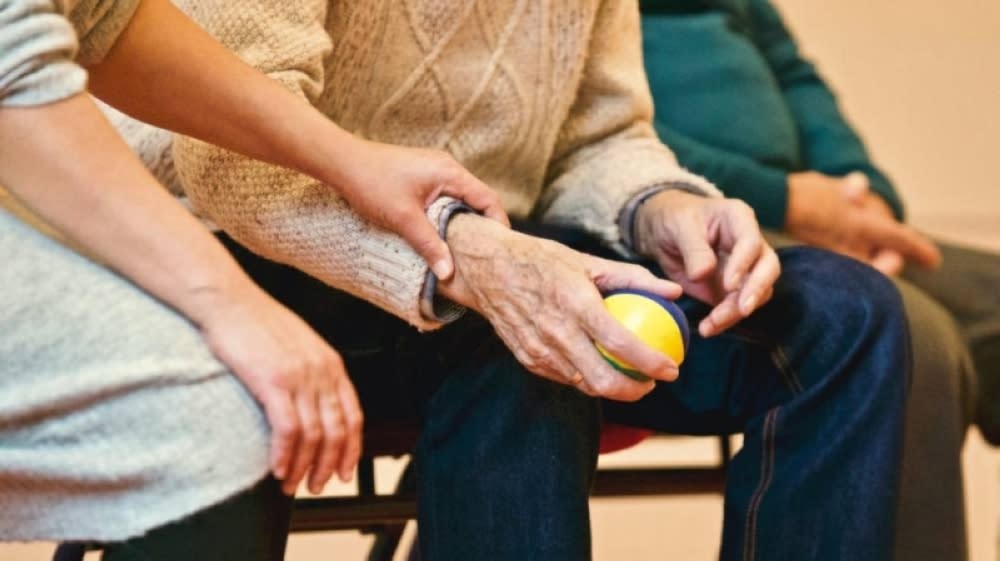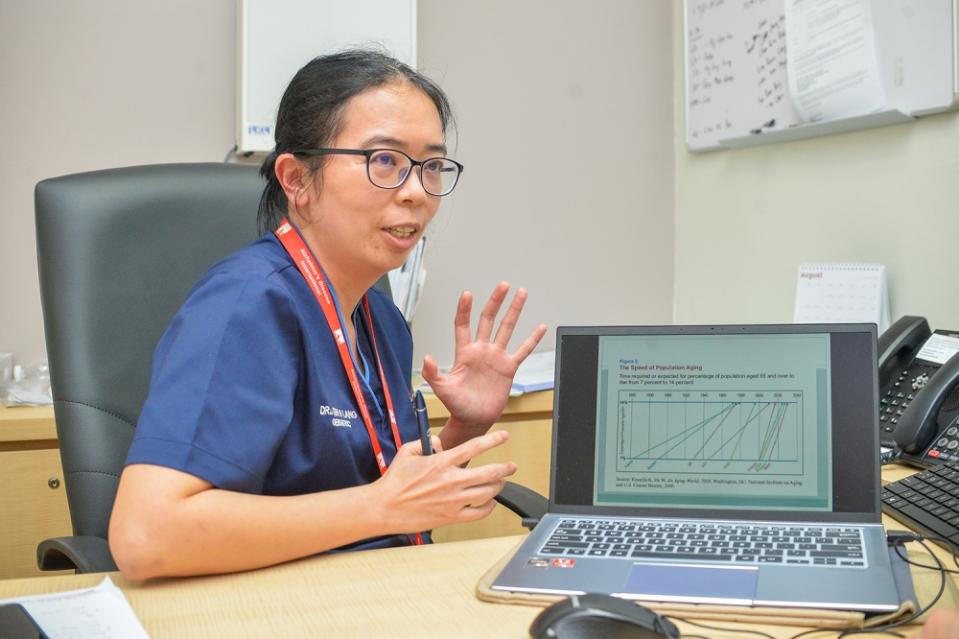Geriatrician says ‘frailty care’ can improve lives of elderly amid rising ageing population in Malaysia

KUALA LUMPUR, Sept 23 — Mention ageing and many would would most likely link it to chronic health conditions.
From physical inabilities to non-communicable diseases, people often think these issues are part and parcel of ageing.
Sunway Medical Centre consultant geriatrician Dr Teh Hoon Lang, however, said health complications have little link to ageing.
She said many age well and are spending their senior years in the pink of health, while face health complications at a younger age.
For years, issues of the rising ageing population in Malaysia and the need for better elderly care providers have highlighted.
Dr Teh however said there is a little-known concept called frailty care that needs more attention than elderly care.
“Frailty care is the process of detecting and diagnosing underlying health conditions at an early stage to reverse the weakness or slowness of the elderly through intervention.
“Many people wrongly think that it’s normal for the elderly to gradually get weak, slow and have physical or psychological health issues before they die.”

Sunway Medical Centre consultant geriatrician Dr Teh Hoon Lang talks about the potential health issues that come with ageing. — Picture by Miera Zulyana
When to see the doctor?
Dr Teh said in most cases, the children or family members bring their elderly parent to see the doctor at a late stage after their frailty conditions have worsened and almost irreversible.
“One of the leading early signs to look out for is unintentional weight loss despite unaffected appetite.
“Ageing shouldn’t affect the eating habit too much unless there are underlying health issues.”
According to her, she has seen patients who complain about loss of appetite, and in one case after some investigation, it was found that the patient had undetected cancer.
Dr Teh said another indication is constant weakness in doing usual activities such as taking showers, walking around and climbing the staircase.
“If you notice that they need to put in extra effort to do their usual daily activities, it’s time to see the doctor.
“Certain complications such as forgetfulness or constant weakness are treatable before they progress to becoming an advanced disease.
Additionally, Dr Teh said emotional disturbance or behavioural change can also be a severe issue that needs to be treated immediately.
“It can be due to emotional or anxiety disorders that should be treated at an early stage.”
She said as a geriatrician, she looks at the physical, emotional, intellectual and social health of the elderly to offer a holistic solution to their condition.
“All these four aspects are critical to the patients.
“For instance, if the patient is socially lonely, it can lead to dementia or Alzheimer’s disease.”
Common elderly diseases
According to Dr Teh, there are certain diseases more common among the elderly that need to be detected early to have them treated.
One such complication is osteoarthritis which is also known as degenerative joint disease or wear and tear.
“It’s mostly common among the older patients due to age and it causes pain and affects mobility.”
Dr Teh said another common issue is osteoporosis which is a bone disease that develops when the quality or structure of bone changes or is altered due to age.
“If we detect it early we can strengthen the bone to prevent any fractures in the future.
"Because in most fracture cases in the elderly, the patient’s physical and mental health deteriorate due to lack of mobility.”
What is ageing?
Ageing generally may refer to the process of getting older.
Clinically, however, there are different viewpoints.
According to Dr Teh, the concept of ageing is divided into two; namely biological ageing and chronological ageing.
“Chronological ageing refers to merely numbers and determines how old a person is based on the date of birth.
“Biological age, however, determines a person’s age based on fitness and health condition.”
Citing findings from a US study, Dr Teh said the ageing population rate in Malaysia is increasing at a much faster pace than some of the developed countries.
According to the findings, it only takes 20 to 30 years for our ageing population to increase from the current seven per cent to 14 per cent.
“There are various reasons for that including advanced healthcare services to increase life expectancy, improved nutrition and lower reproductive rate.”
Dr Teh, however, said everyone can age gracefully if they take good care of their health.
“Healthy ageing starts from young.”



